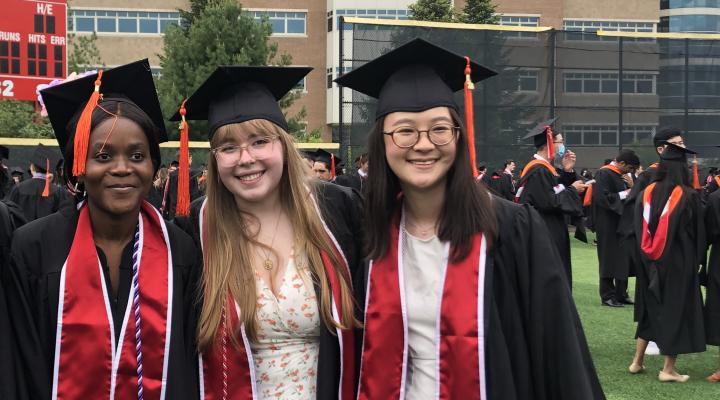Career position and path:
I am currently the Supply Chain Planning Manager for Corning’s Emerging Innovations Group, responsible for tactical and strategic planning for a portfolio of ~25 new products/projects that are coming out of our research park in Painted Post, New York. We do a lot of work with internal (Corning-owned) manufacturing entities, as well as external contract manufacturers around the world, depending on the locations of suppliers and customers, and other factors in our supply chain network design. Other key highlights in my career include being the Division Supply Chain Manager for Corning Glass Technologies when we introduced Gorilla™ glass for handheld IT devices in 2008, Supply Chain Strategy Manager for Corning Display Technologies during the 2004 – 2007 LCD television boom, and working in a variety of industrial engineering roles in our corporate engineering group from 1998 – 2004.
Educational Background:
Prior to returning to graduate school in 1992, I was working as a program planner for a space systems manufacturing company in Ithaca. My undergraduate degree in Physical Science (Geology) proved limiting from a career advancement perspective, and my boss at the time recommended I look into an engineering degree. I contacted Cornell, and was referred to the Civil Engineering school. At the time, the MEng manufacturing option was in its early stages, and was attractive to me, since my background was in project management and manufacturing. I ended up taking several ORIE classes as part of the manufacturing option track, including doing a class project in dispatch rule optimization for an MRP (Material & Resource Planning) system at a company in Cortland, NY. That formalized my entry into supply chain management, with a strong technical background in industrial engineering.
Advice to Students:
My advice to current undergraduates would be to be open to new experiences. Focus on your technical studies, but participate in any internship or project activities that give you exposure to industrial application of what you’re learning, and look for ways to uniquely bring your knowledge, training and expertise to bear on problems that interest you.
Advice on Entering the Workforce:
For graduating students entering the workforce, my advice would be to recognize that your technical background is only part of what you bring to the table – how you relate to other people in the organization you will be potentially joining, and how successful you will be, ultimately depends more on your ability to influence how other people think about a solution than on the technical merits of the solution itself. A manager who interviews or hires you assumes you know how to do the job technically, based on your credentials. To be truly successful, that manager will be looking for how you are able to build consensus through your interpersonal interactions with the other people in his or her organization.





